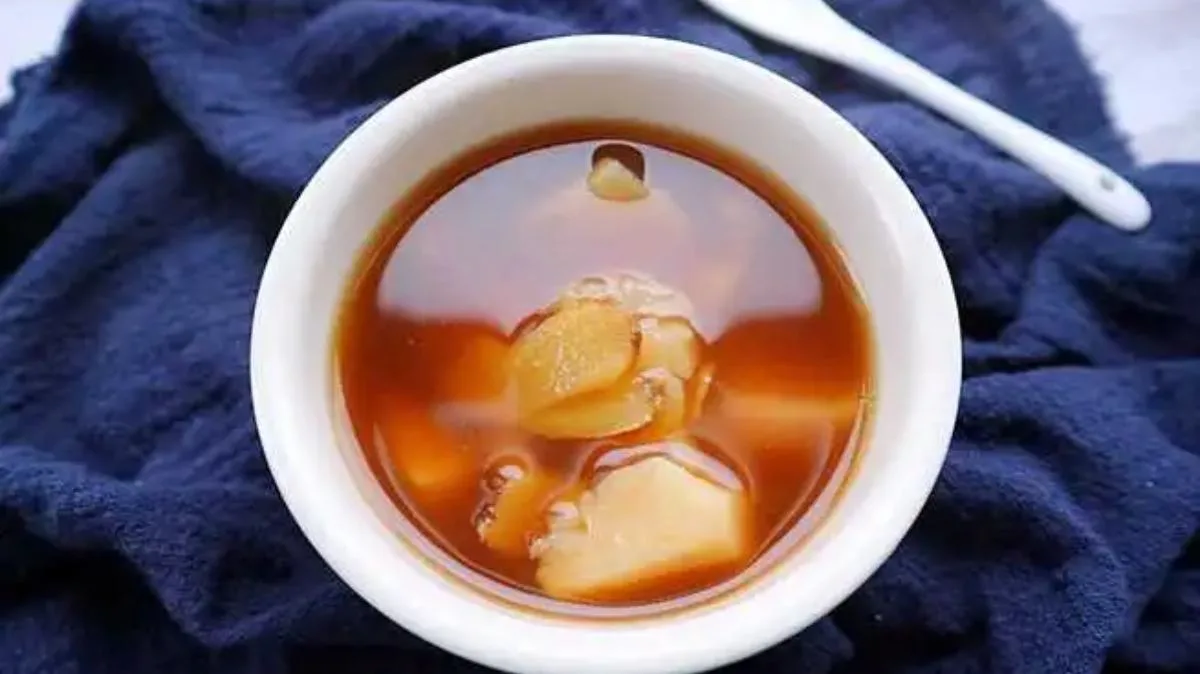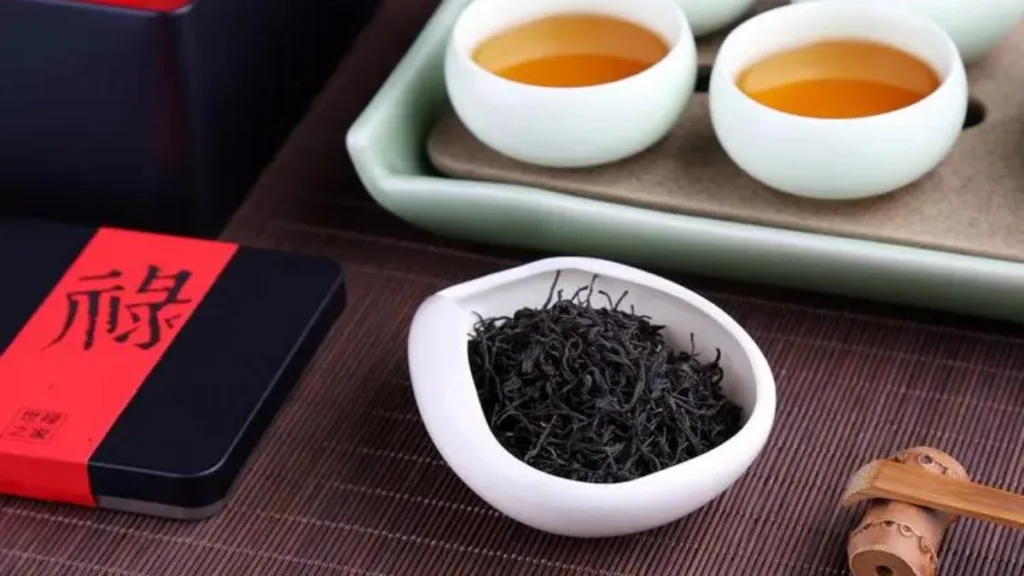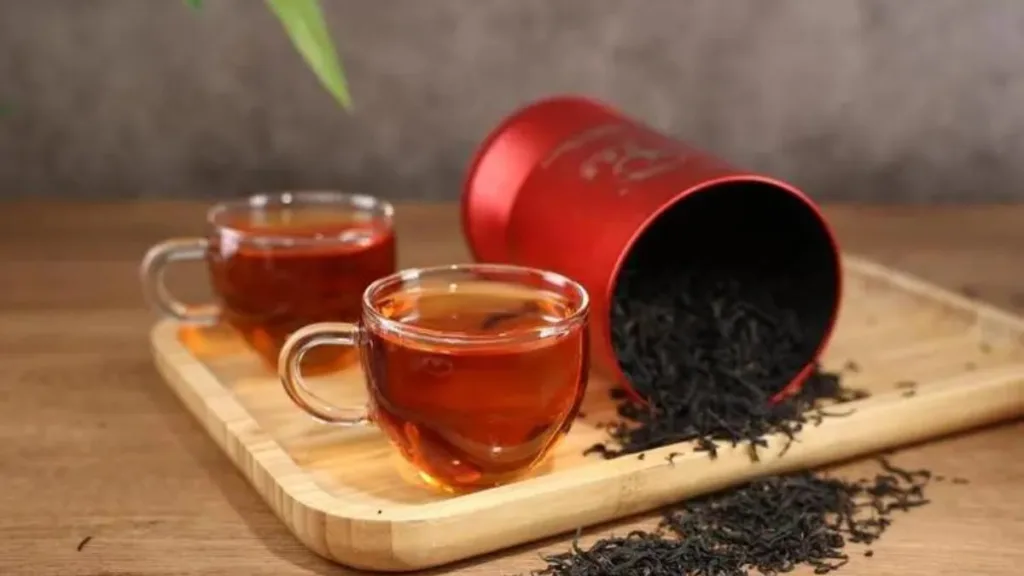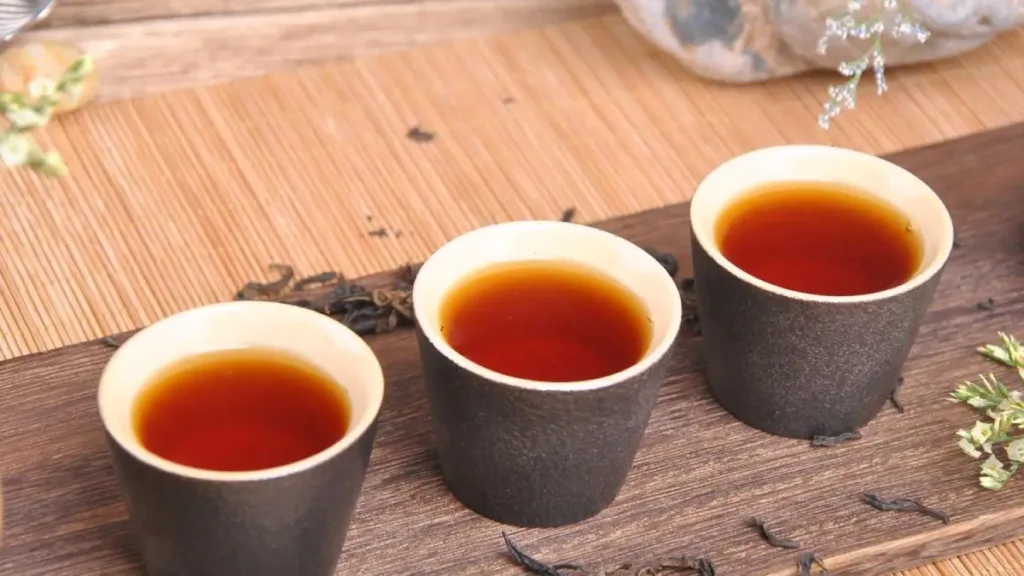Tea enthusiasts and health-conscious individuals often ponder the potential benefits of black tea in alleviating cold symptoms. The affirmative answer is backed by research, notably from Harvard University, highlighting the immune-boosting properties of black tea. In this exploration, we delve into the diverse world of Chinese black teas, unveiling their unique blends that not only cater to taste buds but also provide relief from the discomfort of colds.
The Health Benefits of Black Tea: Harvard University’s research reveals that consuming five cups of black tea daily for two consecutive weeks significantly increases the body’s antiviral infection elements, offering notable benefits in preventing colds. As the body is more susceptible to colds during temperature drops, regular consumption of black tea becomes a preventive measure. Japanese studies further validate the effectiveness of black tea in deactivating influenza viruses, even when diluted to five times below normal drinking concentration.
- Ginger Black Tea: Combining the warmth of black tea with the invigorating properties of ginger, this blend offers a delightful remedy for cold symptoms. The pairing of black tea, ginger powder, and a touch of red sugar creates a comforting elixir. With its warming effects, this concoction is particularly beneficial for individuals experiencing cold extremities and stomach discomfort. The combination of proteins and sugars in black tea contributes to heating the body internally, enhancing resistance to the cold.
- Milk Black Tea: A fusion of black tea and milk, accompanied by a hint of salt, creates a nourishing beverage that fortifies the body. Boiling black tea leaves and subsequently infusing them into boiling milk results in a concoction that, when consumed in the morning, effectively replenishes vital energy and promotes overall well-being.
- Brown Sugar Ginger Tea: Harnessing the healing properties of brown sugar, jujubes, and ginger, this tea not only provides a sweet indulgence but also addresses cold symptoms. Brown sugar, known for its blood-nourishing and circulation-enhancing qualities, combines with ginger to improve surface circulation and treat colds resulting from exposure to wind and rain.
- Longan Red Date Tea: Blending the warmth of longan and the richness of red dates, this tea is a perfect companion for those prone to cold extremities during winter. With the ability to nourish the heart, spleen, and invigorate blood and Qi, this tea is well-suited for individuals experiencing cold symptoms, throat inflammation, and dryness.
- Astragalus Black Tea: By combining the immune-boosting properties of astragalus with the warmth of black tea, this blend offers a potent elixir for winter wellness. Astragalus, known for its ability to tonify Qi, harmonize the spleen and stomach, and moisten the lungs, complements the yang-boosting and internal heating effects of black tea. This combination is especially beneficial for strengthening the digestive system and enhancing the body’s resistance to the cold.
Conclusion: Chinese black teas, with their rich flavors and diverse health benefits, emerge as ideal companions for individuals seeking relief from cold symptoms. From the invigorating warmth of ginger black tea to the nourishing properties of longan red date tea, each blend offers a unique approach to winter wellness. Incorporating these teas into one’s routine not only provides a comforting respite but also supports overall health during the colder months. Embrace the soothing embrace of Chinese black teas for a winter filled with warmth and well-being.



